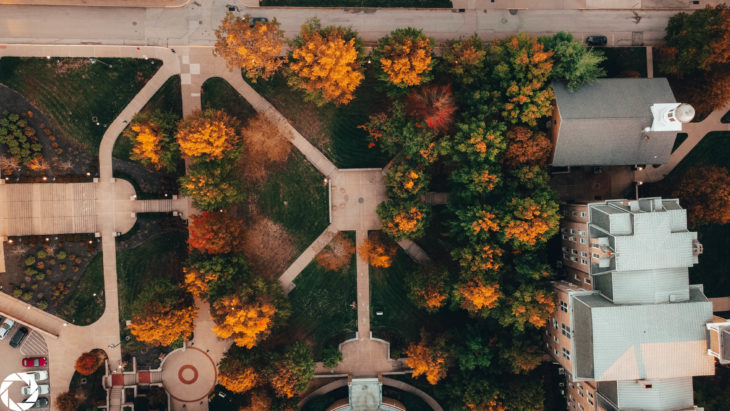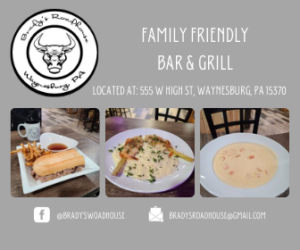 Ben Champ
Ben Champ  Brady's Roadhouse
Brady's RoadhouseWaynesburg University Sociology Professor Abolade Ezekiel Olagoke has been in America for 27 years. He is an alumnus of Oklahoma State University, Wheaton College, Northern University of Denver and Northern Baptist Theological Seminary, as well as an author of numerous publications regarding globalization, youth and religion, immigration and diasporic cultures.
Although his achievements are impressive, he talks about being made to feel less than here in America, as well as how his cultural experiences have shaped his time here in the U.S.
Question: As an African-American myself, I know part of the pain incurred from slavery is not having a solid tribal identity: We have our slave master’s last names. How does your direct African identity impact your experience as a Black American?
Answer: You have to realize that there are also experiences that are similar. W.E.B. Du Bois talked about double consciousness—the struggle that every minority faces, especially African-Americans. I wasn’t born in Chicago you know, but people see me and until we speak and have contact face-to-face, what they see is black. Until I say I’m African. I’m Yoruba. I’m from Nigeria.
I still go through the airport, people still see me and search me. I am profiled. When I travel overseas, my first name is Abolade, people think it’s a Muslim name. Therefore, I’m subjected to extra searches. That is similar to what a minority faces here. I may not have been born here, but the question, “How does it feel to be the other?” is still there. It is an existential question. It is an existential life.
Q: What aspect of American culture shocked you the most?
A: I went to mostly white universities. They think Blacks are dumb and that was my first experience like that in my life. I was always bright in school in Nigeria and England, where I lived for a year. But when I came here stereotypes were shaping me. They limited my mindset, and limited the mindset of African-Americans. It is a shock and a severe struggle.
Q: What would you say to African-Americans who struggle with their lack of identity?
A: I love them. Maya Angelou said distant cousin (as a way to describe the relationship): I also say Africa loves you. They shouldn’t believe every stereotype about Africa the same way we shouldn’t believe every stereotype about African-Americans. We are all part of the same clan. There is a need for us not to be aliens to each other.
Q: How have you tried to lessen being an alien to the Black community here?
A: I have taken classes taught by African-Americans about their history, churches, spirituality, music and their literature and philosophy. You have to be interested to understand the culture. It’s important to be able to accept them and create likeness. Be involved. I went to a predominantly African-American church and learned the language. Being interested erodes the friction of stereotypes, lies and the misunderstandings. Be interested or the foreignness will persist.
Q: Do you want to go back some day?
A: I go back every year. There is an expression in Nigeria, “Home is home.” There is a calling. African-Americans always say ‘motherland or fatherland,’ that call is there. No matter how educated or rich or academic you become in the U.S., home is still home. I can walk on the street and not be the only spot (that stands out). That is a feeling you can’t duplicate.
